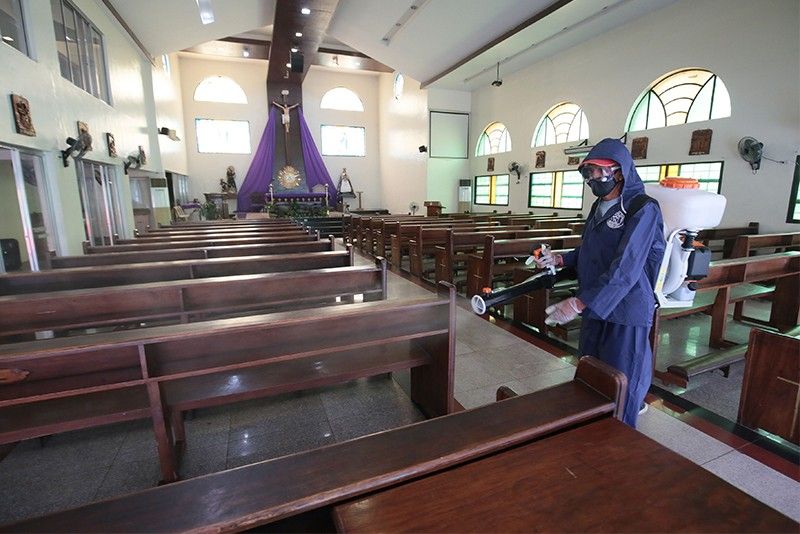Coronavirus messes with gov't fiscal plans as deficit cap seen breached

MANILA, Philippines — The Duterte administration is likely to breach its self-imposed deficit cap this year anew, putting the budget gap to its highest level in 11 years as the government devises an economic response on the coronavirus outbreak.
Economic officials met on Tuesday to get a clearer sense of the economic repercussions of the spread of coronavirus disease-2019 (COVID-19), whose impact has so far been obvious on the tourism sector that has suffered from a dismal travel environment but is also expected to spread to other sectors of the economy.
To cushion the blow, Finance Secretary Carlos Dominguez III said spending will go “full blast,” which in turn would push the deficit to 3.6% of gross domestic product by year-end, wider than the 3.2% cap set this year.
If realized, the deficit, which indicates the government is spending beyond its means, would be the widest since 2009 when it reached 3.7% of GDP.
It would also mark the third straight year the limit will be beached under President Duterte after the deficit hit 3.5% of GDP against a 3.2% cap in 2019, and 3.2% versus a 3% limit in 2018.
Justifying a deficit breach, Finance Secretary Carlos Dominguez III told reporters in a briefing: “As you know, despite these difficulties, we are not contemplating a reduction in our expenditures.”
“Our ‘Build, Build, Build’ will go full blast and so are other programs of the government,” he added.
That said, a beyond-limit shortfall would still depend on whether the interagency Development Budget Coordination Committee, which sets macroeconomic targets, would revisit its assumptions and revise them accordingly.
Dominguez, who co-chairs the DBCC led by the Budget Secretary Wendell Avisado, said the body would meet soon to review its assumptions.
For now however, the finance chief said state spending, which last year reached a post-martial law peak of 20.4% of GDP, would remain on an upsurge due to faster infrastructure outlays. This will come on top of other spending priorities, potentially including a P1.65-billion supplemental budget being discussed in Congress to augment health allocations and support COVID-19 response.
As spending increases, revenues are expected to decrease by as much as P91 billion “because of the expected drop in economic activity”, which generates revenues, due to the coronavirus scare. This, in turn would also widen the budget gap, Dominguez said.
In tourism activities alone, Socioeconomic Planning Secretary Ernesto Pernia told the same press briefing that potential foregone revenues could shave 0.5% to 1% off of this year’s economic growth.
The Philippines had a bad fiscal history of being saddled on debts due to its overshooting deficits in the past, which damaged its credit worthiness. But Dominguez said a renewed widening of the deficit, not seen under the year following the global financial crisis, is nothing to worry about.
“It’s financeable and quite frankly it is necessary,” he said. “Our credit rating is quite robust and we don’t expect any difficulty in covering a potential deficit that might occur.”
- Latest
- Trending






























